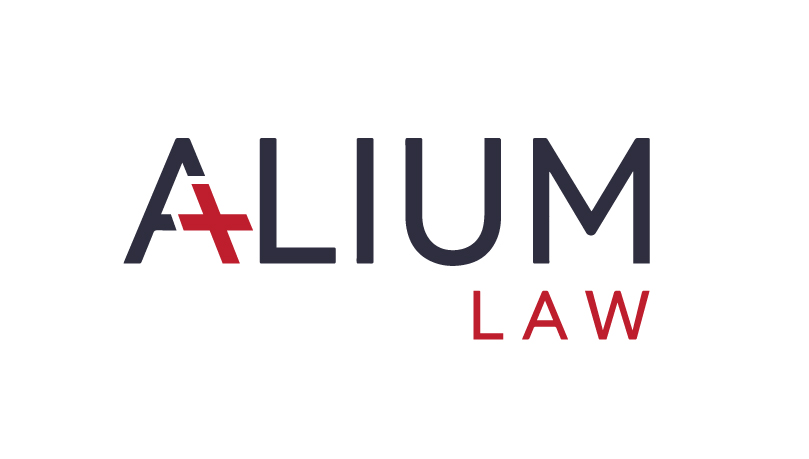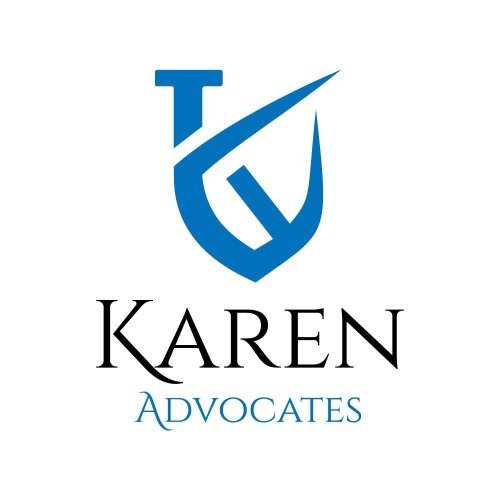Best Guardianship Lawyers in Kenya
Share your needs with us, get contacted by law firms.
Free. Takes 2 min.
Or refine your search by selecting a city:
List of the best lawyers in Kenya
Kenya Guardianship Legal Articles
Browse our 1 legal article about Guardianship in Kenya written by expert lawyers.
- Guardianship in Kenya
- The Children's Act 2022 defines a guardian as a person appointed, through a will or deed, by a child's parent or through an order of the Court to assume parental responsibility over a child. A guardian can act alone or jointly with the child's surviving parent. Power of the Court... Read more →
About Guardianship Law in Kenya
Guardianship in Kenya involves the legal appointment of an individual to care for another person, typically a child or an adult unable to manage their own affairs due to incapacity or disability. The process is governed by Kenyan laws which aim to ensure the welfare of dependents. The Children Act and Mental Health Act are key legislative documents guiding guardianship matters. Guardianship may involve managing the day-to-day life, financial affairs, or both, of the dependent individual.
Why You May Need a Lawyer
Legal assistance is often necessary in guardianship cases due to the complexity of the laws and the formal processes involved. Some common situations where legal help may be required include:
- Appointing a guardian for a minor when parents are deceased, incapacitated, or otherwise unavailable.
- Designating a guardian for an adult who is mentally or physically incapacitated.
- Handling disputes regarding the suitability of a proposed guardian.
- Overseeing the guardianship to ensure that it's being carried out in the best interest of the dependent.
- Changing or terminating a guardianship arrangement.
Local Laws Overview
Kenyan guardianship laws are primarily framed under the Children Act and the Mental Health Act:
- Children Act: Provides guidelines for appointing guardians for minors where natural guardians (parents) are absent. The Act emphasizes the child's best interest as the paramount consideration.
- Mental Health Act: Outlines procedures for appointing a guardian to manage the affairs of an adult with mental incapacity. It involves court procedures to ensure proper protection of rights.
- Probate and Administration Rules: Sometimes applicable in guardianship cases related to inheritance and estate matters.
Frequently Asked Questions
What is the role of a guardian in Kenya?
A guardian is responsible for the personal care and management of the financial affairs of a child or incapacitated adult. They must act in the best interests of the ward.
Who can be appointed as a guardian?
Typically, any competent adult can be appointed provided they can adequately fulfill the duties and responsibilities. Courts often consider relatives or close friends.
How is a guardian appointed in Kenya?
Guardianship is appointed through a court process, which involves submitting a formal application and possibly court hearings.
How does the court decide who becomes a guardian?
The court evaluates the proposed guardian's ability to cater to the ward's interests, family ties, and any expressed preference by a mature minor or adult token.
Can a guardianship be contested?
Yes, individuals may contest a guardianship decision if they believe the proposed guardian is unsuitable or if they propose an alternative guardian.
What are the main responsibilities of a guardian?
Responsibilities include ensuring the welfare of the ward, managing any financial assets, making healthcare and educational decisions, and providing general day-to-day care.
Can a guardianship be revoked?
Yes, a court can revoke a guardianship if it's in the ward's best interest or if the guardian is not fulfilling the mandated duties responsibly.
How long does the guardianship process take?
The duration can vary depending on the specifics of each case, court schedules, and the complexity of the case presented.
Do guardians receive financial compensation?
Guardians may receive compensation for reasonable expenses incurred while performing their duties, as determined by court rules.
Is a lawyer necessary for guardianship proceedings?
While not mandatory, legal representation can significantly ease the process, ensuring compliance with all legal stipulations and proper advocacy.
Additional Resources
For guidance and assistance, consider reaching out to the following resources:
- Kenyan Judiciary and Family Division of the High Court: For filing applications and legal proceedings.
- Kenya National Council for Children’s Services: Offers resources and support for child welfare and guardianship advice.
- Federation of Women Lawyers (FIDA Kenya): Provides free legal aid and advice, especially in matters of family law.
- Department of Children’s Services: Handles child-related welfare issues and may provide insights into guardianship for minors.
Next Steps
If you require legal assistance in guardianship matters, consider taking the following steps:
- Conduct an initial assessment to understand your guardianship needs and the legal requirements involved.
- Consult a qualified legal professional specializing in family law to guide you through the process.
- Prepare necessary documentation and evidence to support your guardianship application.
- Attend all relevant court hearings and comply with any legal directives provided by the court.
Engaging a lawyer can help ensure your guardianship proceedings are handled efficiently and in the best interest of the dependent person.
Lawzana helps you find the best lawyers and law firms in Kenya through a curated and pre-screened list of qualified legal professionals. Our platform offers rankings and detailed profiles of attorneys and law firms, allowing you to compare based on practice areas, including Guardianship, experience, and client feedback.
Each profile includes a description of the firm's areas of practice, client reviews, team members and partners, year of establishment, spoken languages, office locations, contact information, social media presence, and any published articles or resources. Most firms on our platform speak English and are experienced in both local and international legal matters.
Get a quote from top-rated law firms in Kenya — quickly, securely, and without unnecessary hassle.
Disclaimer:
The information provided on this page is for general informational purposes only and does not constitute legal advice. While we strive to ensure the accuracy and relevance of the content, legal information may change over time, and interpretations of the law can vary. You should always consult with a qualified legal professional for advice specific to your situation.
We disclaim all liability for actions taken or not taken based on the content of this page. If you believe any information is incorrect or outdated, please contact us, and we will review and update it where appropriate.
Browse guardianship law firms by city in Kenya
Refine your search by selecting a city.
















